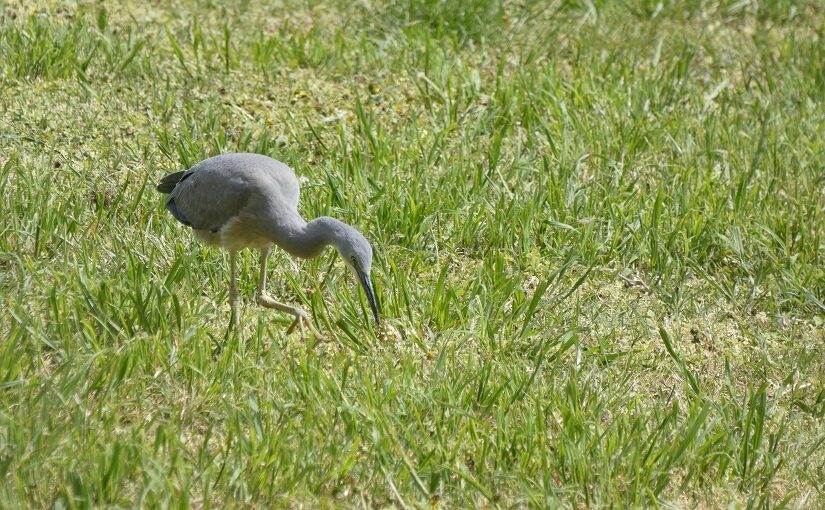From all the separate pockets of fact, insight and expertise, is it still possible for us to draw together a truthful and meaningful understanding of all life is? Can the intense knowledge of each field pool into one balanced sense of “reality”? And, if it can, are the paths we should take in any given direction going to be clear? Can we be sure of all the consequences any one choice or policy might set in motion?
If the task before us “is” to understand all we’re engaged in and act wisely in the light of that knowledge, the challenge we face seems far from easy. Doesn’t modern life engulf us with immediate insight into the affairs of the whole world? Everything insistently placed before us, demanding attention, asking we accept its premise or its suggestions.
This constantly shifting tide of information where every story’s told from every perspective, inviting various conclusions. As if every possible shade of thought or opinion is all being shared at once – reality taking on every conceivable idea we might have about it. All those threads being woven into subtly or dramatically different narratives, suggesting causality or intention that may or may not be there. (Notes One)
How are we to keep up with it all? Weeding out all that’s erroneous, ill-intended or simply distracting to piece together a clear sense of what’s going on, why it matters and how to respond. Is our capacity to assimilate limitless, or will information overload inevitably lead to simplification, generalisation and stress?
Even if we manage to absorb enough of all that’s surrounding us, can we then reach the position of certainty needed to judge? Standing, somehow, on the back of experience, information and education to discern fact from fiction, filter out the unnecessary, and confidently form decisions able to withstand scrutiny. It seems what’s needed, as consumers and citizens: clarity and conviction. (Notes Two)
Often it just doesn’t seem feasible. That complex realities are rarely spoken in simple terms, while so much else is stepping in to deflect our attention and clutter our minds. That all the voices talking at once might drown out any truth they contain; desensitising us to hearing or caring about much of what’s assailing us each day. Within it all, might our grasp of reality not start to crumble? (Notes Three)
Is it still possible to understand enough, prioritise between competing values, detect the agendas at play, cut through undue influence, defuse any preconceptions, and somehow formulate informed, rational, compassionate, constructive responses? The volume of information we’re asked to process – and, the emotion often accompanying it – can easily seem overwhelming to the point of being impossible.
What are we to make of convoluted, opaque realities? All these separate activities interacting, behind the scenes, within increasingly global systems as our histories, beliefs and hopes pool into this one world that’s affecting us all. How can we manage to stand alone, confident in our understanding of all that we’re choosing to take part in?
Notes and References:
Note 1: Information might be there, but can we find it?
Note 1: Reading between the lines
Note 1: Learning from the past, looking to the future
Note 1: Going along with what we see
Note 2: How are we supposed to choose?
Note 2: Understanding & staying informed
Note 2: What’s the right mindset for news?
Note 2: Tuning out the static
Note 3: The battlegrounds of our minds
Note 3: Desensitised to all we’re told?
Note 3: Does technology oversimplify things?
Note 3: “Brave New World Revisited”

